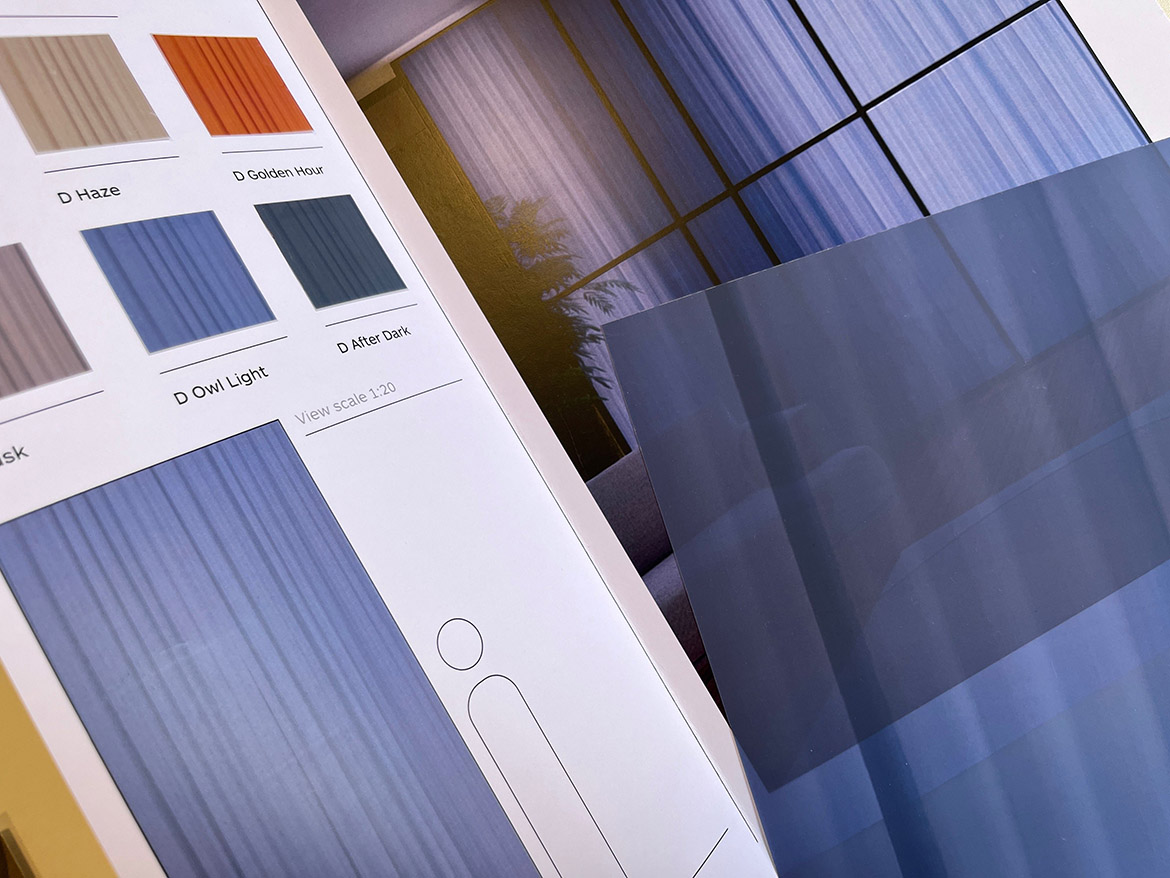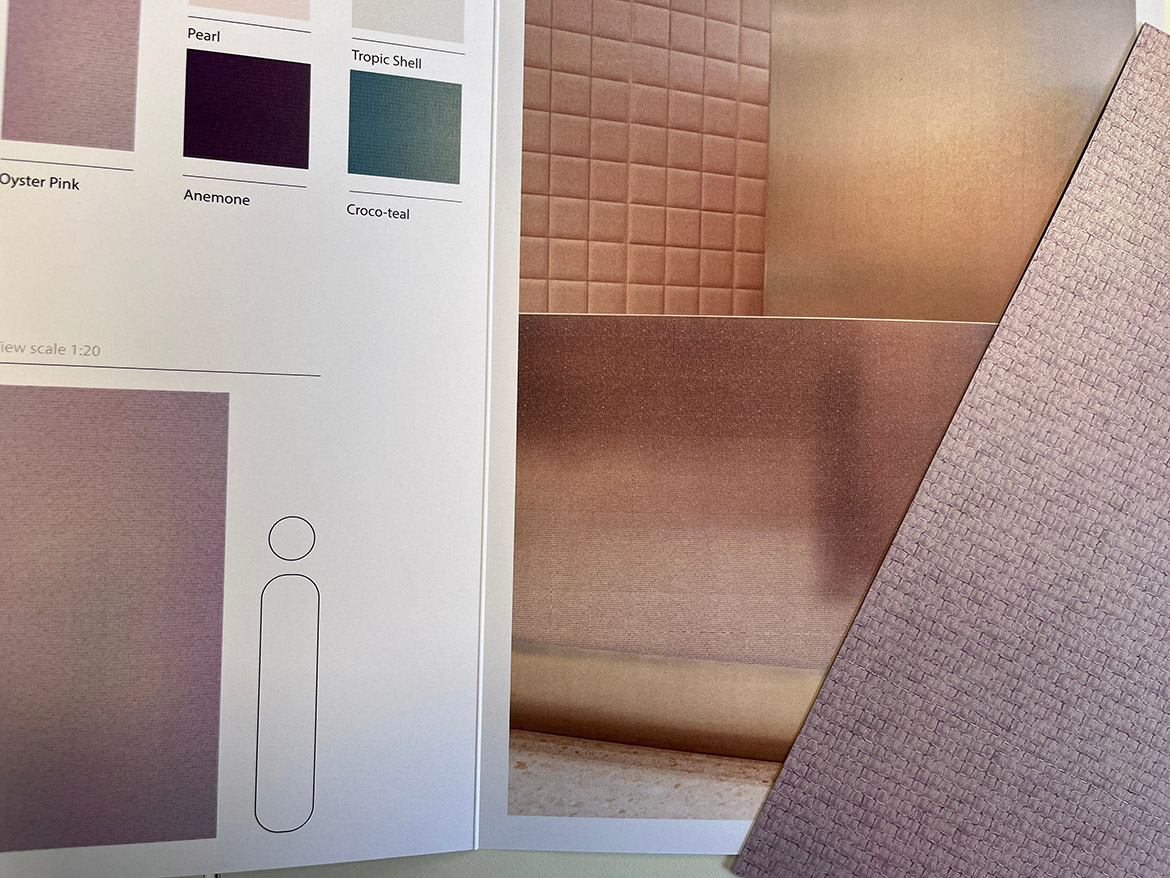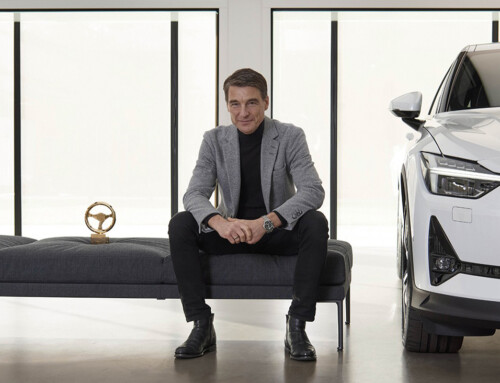In contemporary design, surfaces are no longer simply a covering, but a real design tool capable of influencing perception, emotion, and user experience. Color, texture, materials, and finishes help define the identity of a product or space, creating immediate connections with the user and influencing their relationship with the object or environment. Italy has been at the forefront in this field since the 1970s, thanks to figures such as Clino Trini Castelli and Andrea Branzi, who opened up new perspectives on the relationship between surfaces, color, and design. Today, in a global market that requires cross-disciplinary skills, the challenge is to continue that research with up-to-date tools and in dialogue with different production sectors.
From the home to the office, from car design to boating, Sensorial Surface Design applications span different sectors and markets, requiring designers capable of combining aesthetics, technological innovation, and perceptual quality. It is a field in which cross-fertilization between disciplines is the norm: techniques and knowledge developed in one production context can find new life in others, generating innovative and competitive solutions. At the Politecnico di Milano, the Color Laboratory and the EDME (Environmental Design and Multisensory Experience) Interdepartmental Laboratory, directed by Mario Bisson, have been developing research and training on this topic for years, exploring the design potential of materials and surfaces in relation to multisensory perception. The master’s degree in “Sensorial Surface Design. Color, Material and Finish design for interiors and furniture” managed by POLI.design is part of this process, offering an integrated approach that combines design culture, materials research, trend analysis, and industrial applications.
The goal is to train professionals who can anticipate trends and transfer skills gained in one design field to other sectors, responding to an increasingly explicit demand from companies. These are individuals capable of designing surfaces that combine sensory qualities, technological innovation, and sustainability, creating solutions that generate value for businesses and for those who live with and use products and spaces. Bisson will also bring his expertise to Cersaie 2025, the International Exhibition of Ceramic Tile and Bathroom Furnishings, one of the most important events in the world for the sector.












